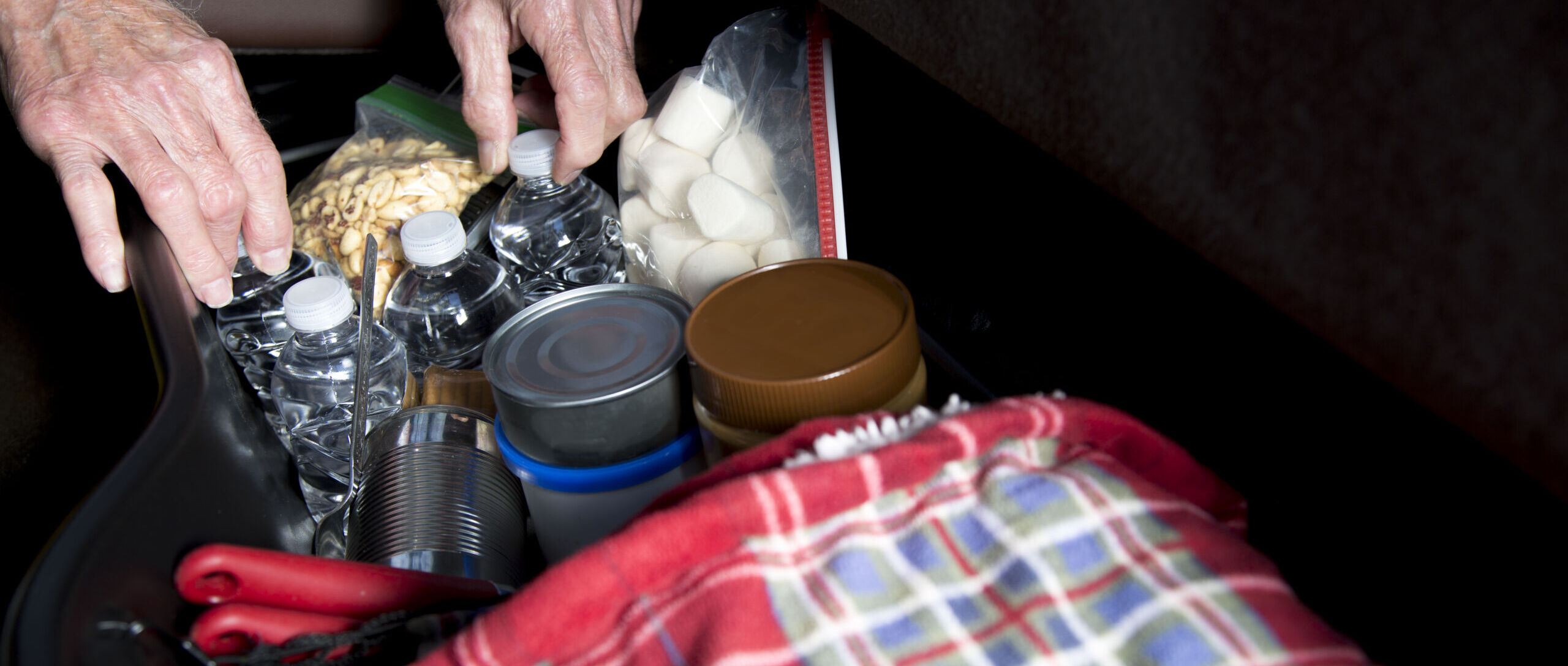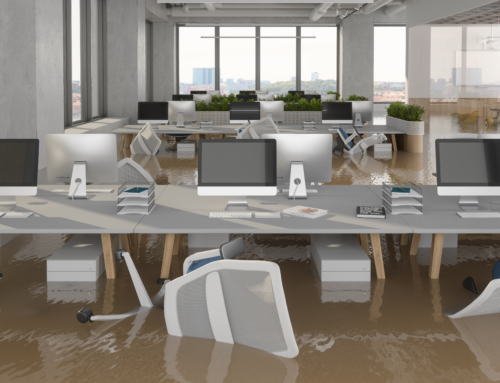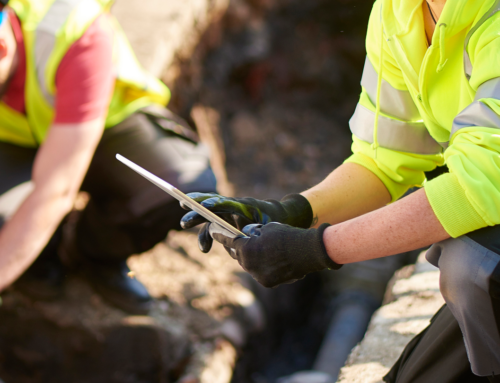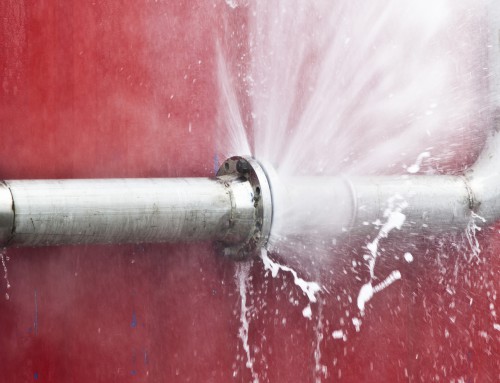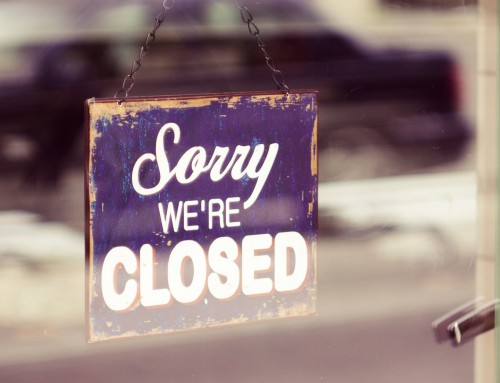Hurricanes are extremely dangerous weather events that can devastate livelihoods, disrupt business operations, and damage properties, equipment, and vehicles. It’s important to take the time to prepare for hurricanes, in order to best minimize your risk. Being prepared can also help minimize fear and confusion, keep your personnel safe, and allow your business to operate off-site. Here are some steps you can take to help prepare your business for a hurricane:
Secure your property and equipment
To prepare for a hurricane, first you should identify the areas on your property that are most vulnerable to the effects of high winds, heavy rain, flooding, and tornadoes. From there, follow these steps:
- Consult a construction expert on how to best strengthen the interior and exterior of your structure.
- Ensure your roof finish is adequately maintained so that shingles are less likely to be damaged.
- Acquire protective materials such as shutters, plywood, sandbags, and plastic sheeting.
- Keep a backup generator and batteries nearby to provide power during a power outage, and frequently test the backup generator to ensure it is fueled and in good working condition.
- Seal the foundation of your building where water can easily seep through. Create drainage ditches to divert water away from your building.
- Ensure your sump-pump is in working order and has a battery backup.
- Clean out your drains, gutters, and downspouts on a regular basis to prevent build up.
- Store, anchor, and/or tie down loose exterior items, such as lawn furniture, equipment, and trash cans, to prevent them from blowing away.
- Trim or cut down trees so they do not fall on your building.
Get your vehicle ready
In order to get to safety on short notice, you must ensure that your vehicle is always prepared and ready to go:
- Make sure that your vehicle is fully fueled.
- Replace worn out windshield wiper blades.
- Verify your vehicle lights, such as hazard lights, headlights, brake lights, and turn signals, are in proper working order.
- Ensure you have adequate tire pressure and tread depth.
- Boat owners should move boats from the water and store them in a safe location. Ensure the boat is secure at the docking station if you are unable to store the boat.
Backup your data
It’s important that your business operations are still able to run smoothly during a hurricane. To assist with this, identify your most critical devices, applications, and equipment and make sure they are available at a different location in the event of an evacuation.
Ensure that all of your company’s essential data is constantly backed up to a network drive or cloud storage system. In order to do this, you should formulate a plan with your IT department. This way, data will be accessible to your employees should they need to work from home or from another business location. You may also want to consider supplying your employees with remote equipment.
Develop a business continuity plan
In the event of a hurricane, you will want to have an established written procedure that clearly outlines what to do, where to go, and how to stay connected. Your employees should be trained on this comprehensive business continuity plan, as well as trained on first aid and CPR. On a scheduled basis, your employees should also practice evacuating the building and going to a safe, designated area.
Your business continuity plan should include, but is not limited to, the following:
- Emergency contact list
- Diagram of building and exits
- Location of emergency storm kits, fire extinguishers, electrical box, and other important building features
- List of designated meeting places and safe shelters
- Various hurricane scenarios with solutions
- Instructions on how to continue business operations at a different location
You should also keep an inventory of outdoor equipment that needs to be secured when a hurricane warning is issued, such as tools, hazardous materials, propane tanks, gas cylinders, and flammable liquid drums.
Pack an emergency storm kit
Having an adequately stocked emergency kit is vital when preparing for a hurricane. Here are some items to include in your emergency storm kit:
- A copy of your business continuity plan
- Facility shut down checklist
- First aid kit
- Personal protective equipment (PPE), including gloves, googles, and boots
- Battery operated or wind-up radio
- Battery operated or wind-up flashlight
- Matches and candle
- Water bottles
- Non-perishable food
- Whistle
- Basic tools
- Rope and fasteners
- Phone charger or portable charger
- Toiletries
- Hand sanitizer
- Any medication you may need
Once your kit is prepared, you should ensure that it is placed in an accessible location to your staff, and that they are trained and briefed on what is in the kit, and how to use the items. For additional information on what you should include in your kit, as well as other preparation tips, please refer to the Government of Canada’s Get Prepared webpage.
Stay alert and have a communication strategy
To find out if your business is located in a high-risk area for hurricanes, you can visit Environment Canada’s Canadian Hurricane Centre. Here you can also view hurricane tracking information and weather warnings, as well as learn more about the nature of hurricanes.
Another way to stay alert is to set up weather notifications on your mobile phone using a reliable weather app, such as the Government of Canada’s WeatherCAN app. With these types of apps, you can receive alerts about current and forecasted weather in your area. You can also listen to the radio, and watch local news for public announcements on weather alerts.
If it is determined that your business is at a high risk of a hurricane, it is vital that you stay connected to your employees. Inform your staff of any alerts and/or action plans regarding natural disasters by sending a communication through email, text, and your company website.
Protect yourself and your business
You can’t always control what happens to your business, especially when inclement weather is involved. You can, however, control how prepared you are. Having the right protection in place can make a huge difference. To learn more about protecting yourself and your business, visit our Commercial Property Insurance page today!
This blog is provided for information only and is not a substitute for professional advice. We make no representations or warranties regarding the accuracy or completeness of the information and will not be responsible for any loss arising out of reliance on the information.
